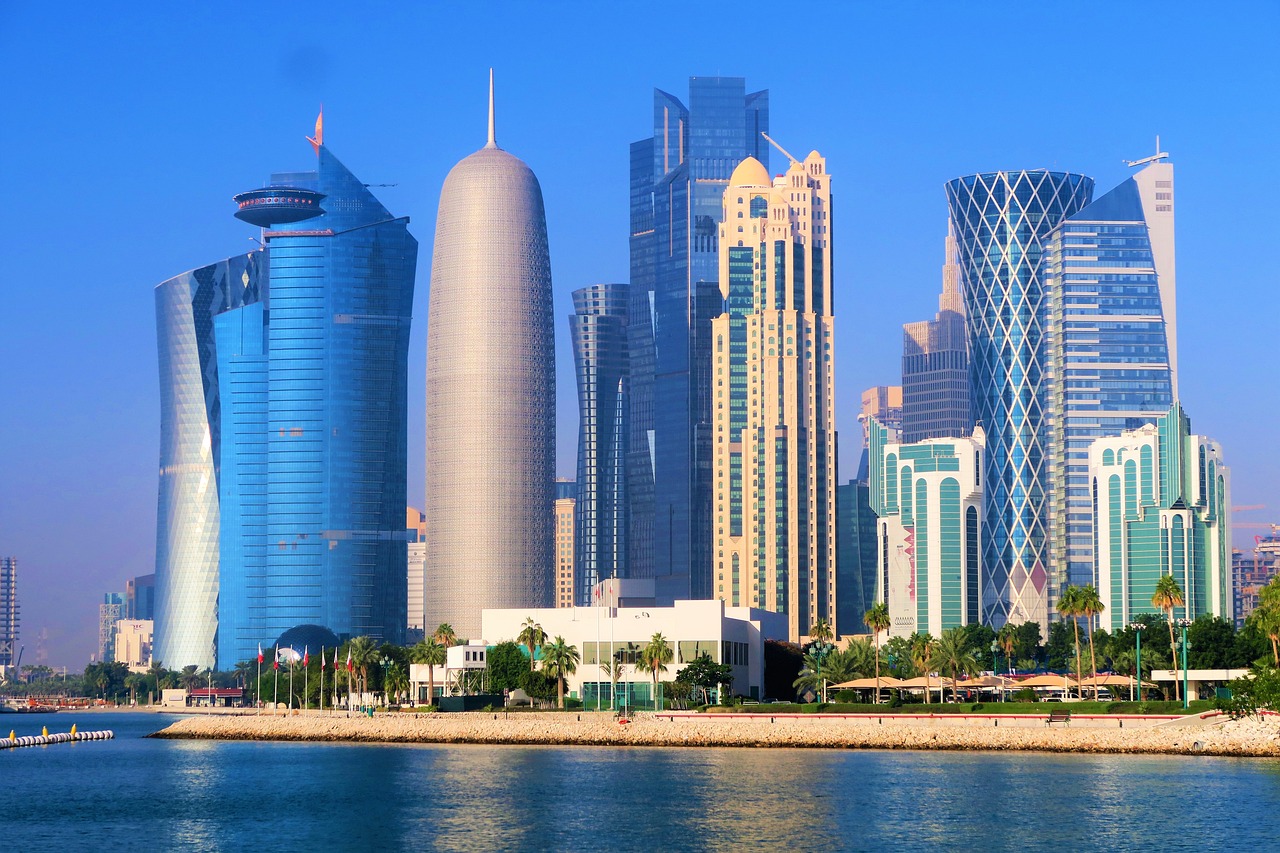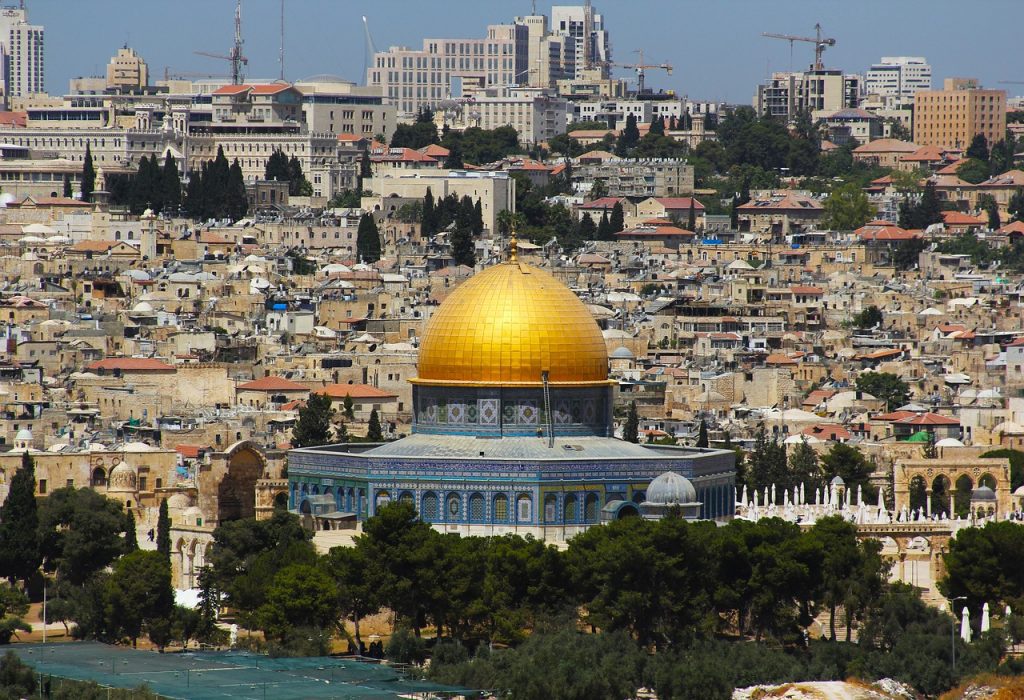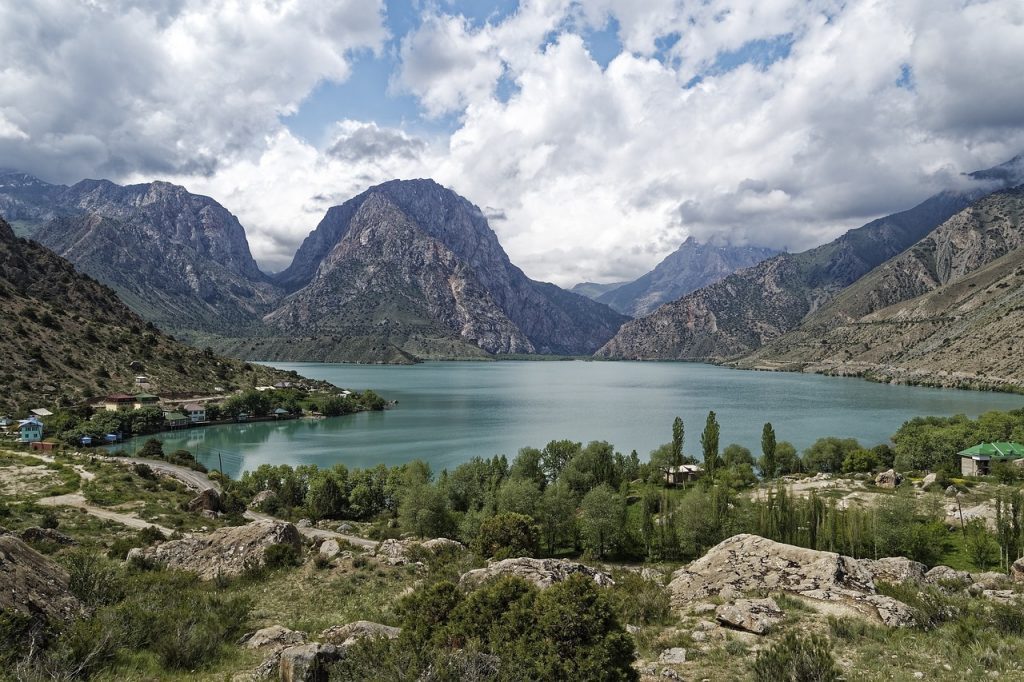Qatar, a land of contrasts where tradition meets modernity, offers a wealth of experiences for travelers. However, picking the best time to visit Qatar and explore this captivating country requires taking the time to think through a few various factors.
Some of the most important factors for identifying the best time to go to Qatar include the weather, crowds, cultural experiences, and nature escapades. Each of these considerations must be looked at to determine the right time to visit for you.
Visiting Qatar basedQ on the Weather
Qatar’s weather is characterized by extremes, making weather a pivotal factor in planning your visit. For pleasant temperatures and comfortable outdoor exploration, the best time to visit is during the cooler months from November to March. During these months, temperatures hover around 70-80°F (21-27°C), providing an enjoyable atmosphere for sightseeing.
Qatar has a desert climate characterized by extremely hot summers and mild winters. Here’s a description of the seasonal weather in Qatar:
1. Summer (June to August):
- Summer in Qatar is scorching hot, with daytime temperatures often exceeding 104°F (40°C) and occasionally reaching up to 122°F (50°C).
- Summers in Qatar are exceptionally hot and dry. The heat can be intense, making outdoor activities uncomfortable and potentially dangerous. This season is best avoided for outdoor travel and exploration.
2. Autumn (September to November):
- Autumn brings a gradual cooling, with temperatures ranging from 77°F (25°C) to 97°F (36°C) in September, gradually decreasing further in October and November.
- Autumn is a more comfortable time to visit Qatar as the scorching summer heat starts to subside. It’s suitable for outdoor activities.
- It is still hot, just not as blistering as the summer months.
3. Winter (December to February):
- Winters in Qatar are mild, with daytime temperatures averaging around 68°F (20°C) to 77°F (25°C).
- Winters are the most pleasant time to visit Qatar, with mild temperatures and cooler evenings. It’s ideal for outdoor exploration and sightseeing.
4. Spring (March to May):
- Spring temperatures gradually increase, ranging from 77°F (25°C) to 95°F (35°C) or higher by May.
- Spring is another comfortable season for travel in Qatar, but it can start to get warm as it approaches May.
Other Weather-Related Factors:
- Rainfall: Qatar has very little rainfall throughout the year, with occasional sporadic showers, mainly between December and February. Rainfall is minimal and doesn’t significantly affect travel plans.
- Dust Storms: Qatar can experience occasional dust and sandstorms, particularly in the summer months. These storms can reduce visibility and affect outdoor activities.
- Humidity: Qatar has relatively high humidity levels, especially along the coastal areas, which can make the heat feel more oppressive, particularly during the summer.
In summary, the summer months in Qatar (June to August) should generally be avoided for travel, as the extreme heat can be uncomfortable and even dangerous. The best times to visit are autumn (September to November) and winter (December to February) when temperatures are milder and more conducive to outdoor activities. Spring (March to May) is also a good time to visit, but it can start to get warm as it progresses toward summer.
Weather to Avoid
We just want to reiterate, the scorching heat of summer (May to September) is best avoided. Temperatures often exceeding 100°F (38°C) and sometimes reaching as high as 120°F (49°C). The intense heat can make outdoor activities uncomfortable and even miserable. This will limit your ability to fully enjoy the Qatari experience.
Plan for indoor activities and visits if you come during the summer months. The dress code in Qatar demands modesty with long sleeves and more clothes making being outdoors miserable. The summer months are absolutely not the best time to visit Qatar.
Visiting Qatar based on the Crowds
In order to make the most of Qatar’s marvels without the crowds, consider visiting during the shoulder seasons of fall (September to November) and spring (March to May). These months offer a more serene environment, allowing you to explore iconic sites without the bustling masses.
The good news is these travel shoulder seasons coincide with the more comfortable weather making one of these two seasons the best time to visit Qatar.
Discovering Qatar’s Cultural Experiences
Engaging with Qatar’s rich culture is a highlight of any visit. Participate in local festivals, savor traditional cuisine, and immerse yourself in Qatari hospitality. The Qatar National Day on December 18th is a significant event featuring parades, fireworks, and celebrations. For many, one of the country’s cultural celebrations is the best time to visit Qatar.
Qatar is host to several traditional events that provide a window into its rich heritage and vibrant traditions. Here are 10 of the most prominent annual cultural events that take place across the country:
- Qatar National Day – December 18th: Qatar National Day, celebrated on December 18th, marks the unification of Qatar under Sheikh Jassim bin Mohammed Al Thani in 1878. The country comes alive with patriotic fervor, including parades, fireworks, cultural performances, and celebrations.
- Doha Jewelry and Watches Exhibition (DJWE) – February: Held in February, the Doha Jewelry and Watches Exhibition showcases exquisite jewelry and timepieces from around the world. It’s an event where artistry and luxury converge, attracting jewelry enthusiasts and collectors.
- Qatar International Food Festival (QIFF) – March: Usually taking place in March, the Qatar International Food Festival celebrates the country’s culinary diversity. Held in various locations across Doha, it features international cuisines, cooking demonstrations, food trucks, and interactive experiences.
- Qatar International Boat Show – March: The Qatar International Boat Show, often in March, brings together maritime enthusiasts and industry professionals. It showcases a stunning array of boats, luxury yachts, and marine equipment along the picturesque coastline.
- Qatar International Arabian Horse Show – February: The Qatar International Arabian Horse Show, held in February, is a world-class equestrian event that showcases the beauty and heritage of Arabian horses. It features competitions, exhibitions, and a chance to witness these majestic creatures up close.
- Souq Waqif Spring Festival – March/April: The Souq Waqif Spring Festival, usually in March or April, offers an authentic Qatari experience with traditional performances, cultural displays, and entertainment for families. It’s a celebration of local art, crafts, and heritage.
- Qatar Summer Festival – July/August: The Qatar Summer Festival, held in July and August, is a family-oriented event featuring entertainment, shopping discounts, and cultural activities. It’s an opportunity to experience Qatar’s offerings while enjoying indoor experiences during the warmer months.
- Eid Al-Fitr and Eid Al-Adha – Islamic Calendar: Eid Al-Fitr and Eid Al-Adha are two major Islamic festivals celebrated in Qatar. Eid Al-Fitr marks the end of Ramadan, and Eid Al-Adha commemorates the willingness of Ibrahim (Abraham) to sacrifice his son as an act of obedience to God.
- Katara International Hunting and Falcons Exhibition – November: The Katara International Hunting and Falcons Exhibition, often in November, celebrates the traditional art of falconry in Qatar. The event features falconry competitions, cultural displays, and discussions about preserving this cultural heritage.
- Qatar International Art Festival – Various Months: The Qatar International Art Festival is held in various months and showcases local and international artists. It features exhibitions, workshops, and interactive art installations that promote cultural exchange and creativity.
These iconic cultural events offer an immersive experience into Qatar’s heritage, artistry, and traditions. If you’re planning a visit to Qatar, consider aligning your travel dates with these exceptional festivals to witness the country’s vibrant culture in action.
Exploring Qatar’s Wilderness & Nature Experiences:
For desert adventures and nature explorations, the cooler months of winter (November to February) provide the best conditions. The milder temperatures make outdoor activities like dune bashing and camel rides more enjoyable. Trying to engage outdoor activities is during the summer (June to August) is rather difficult because of the blistering temperatures.
Other Essential Timing Considerations:
- Ramadan: Be mindful of Ramadan, the Islamic holy month of fasting, observed by Muslims. Respectful behavior, such as refraining from eating, drinking, and smoking in public during daylight hours, is essential.
- Eid Al-Fitr: Eid Al-Fitr marks the end of Ramadan and is celebrated with festive gatherings and feasting. The date varies each year based on the Islamic lunar calendar.
- Qatar Goodwood Festival: Horse racing aficionados can attend this event in July at Al Rayyan Racecourse, where world-class horses compete.
In conclusion, the best time to visit Qatar depends on your preferences and the experiences you seek. Whether you’re captivated by cultural festivals, desert landscapes, or the burgeoning cityscape, Qatar offers a range of possibilities throughout the year.
By considering these factors, you’ll be well-prepared to embark on a memorable Qatari journey tailored to your desires and the country’s offerings. Qatar is also a gateway city to many destinations and an ideal place to make a stopover for a quick day or two experience of the local culture.
Photo Credits:





